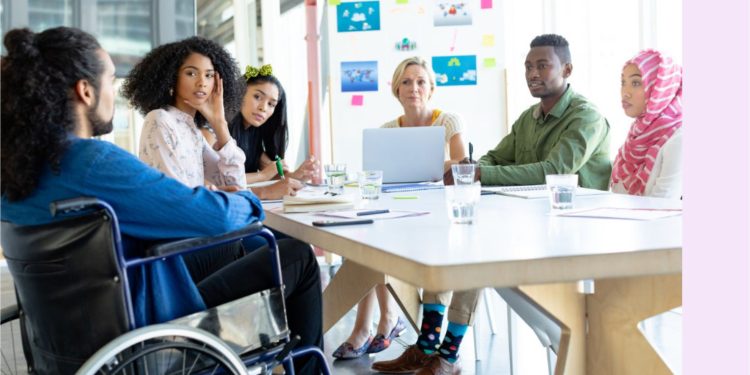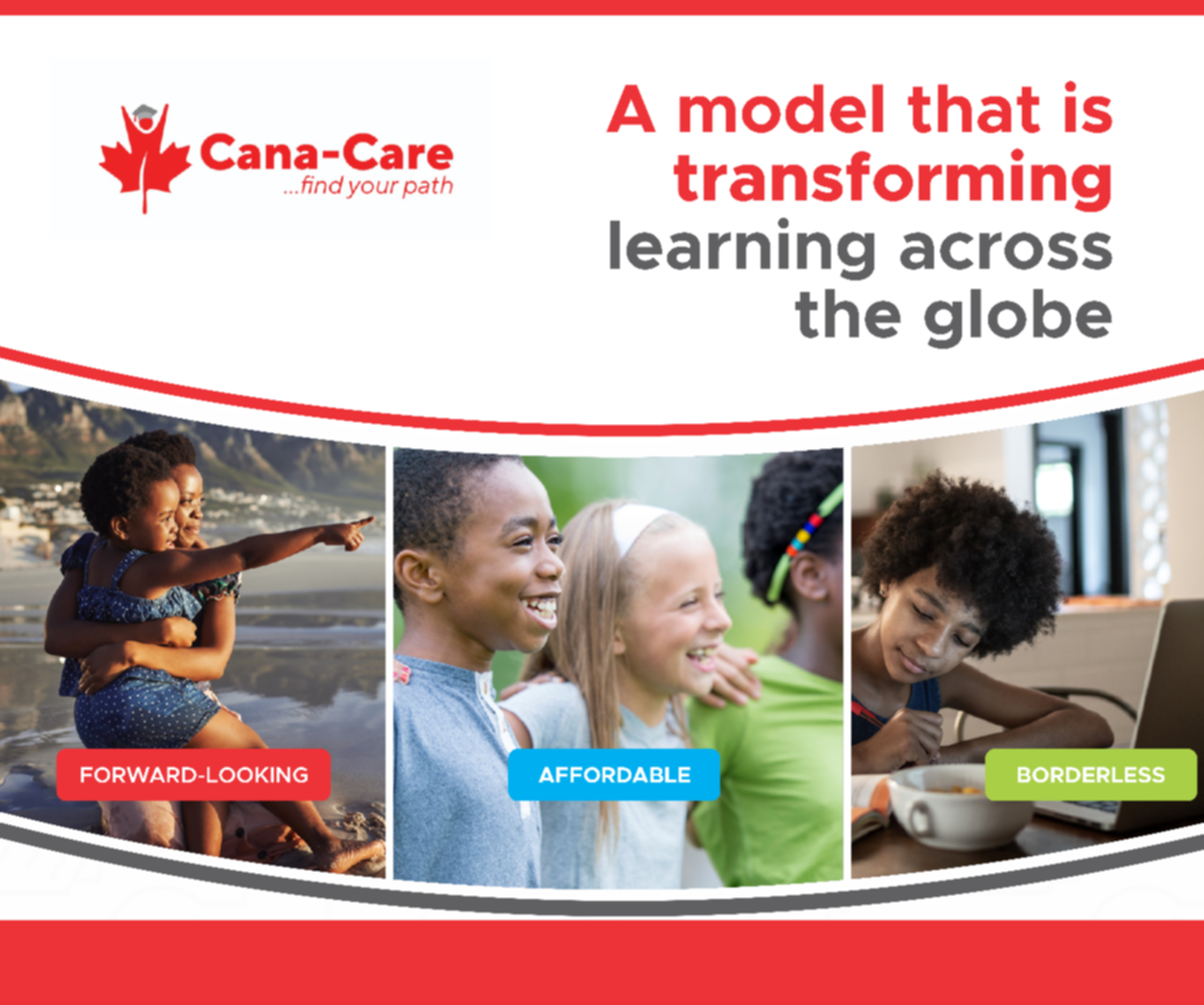‘None of us is as good as all of us.’ Ray Kroc.
The heading of this piece is not just the theme of this year’s International Albinism Awareness Day, which is 13th June. It speaks to something more; to something much more than affirmative action and awareness posts. Inclusion, which involves the recognition of an entity’s possible contribution and the willingness to utilise the same, is indeed strength.
I have come to realise that the idea of inclusion has been misunderstood and, dare I say, abused. I speak for a number of albinos when I say that, we do not want to be included as an afterthought or because society ‘pities’ us. We want inclusion that is the finished product of crystal clear understanding that we are capable contributors. We choose to include ourselves in nation building, across various sectors, because we recognise that we are carriers of divine deposits.
This is despite the fact that we have struggles and experiences that differentiate us from others. For example, growing up with short-sight is not particularly easy or fun. Being subjected to numerous lens fitting tests, having to wear glasses 24/7, learning to sit away from the TV as well as being asked weird questions like, “How many fingers do I have up?” are a few of the hurdles that many of us have faced or currently face.
I recall that I incurred the wrath of some classmates who could not get why I had to sit in the first row right in front of the board. They must have wondered, ‘Is she the first? Can’t she see the board from anywhere else?’ (I owe a truckload of thanks to my teachers who worked hard to make class conducive for me.)
This is not to mention the sunburns that greet my skin after I stay outdoors for even a little while; and jeers from people who do not understand why I have to go around with an umbrella. Battling esteem issues and working through a fear that I would not be able to type were quite tough.
SIMILAR ARTICLES: How Education Made Me Interview with Obi Asika
12 Interesting Facts About Education Around The World They Don’t Teach You In School
Education in Africa
I am glad to have overcome these. I am grateful for photochromic glasses, umbrellas and sunscreen. I am grateful for fellow albinos, supportive family and cheerleaders. I am grateful for platforms that permit my creative juices to be savoured by thirsty visitors at the gates of Literature.
I do not imply violence, misguided activism, name-calling or patronising gestures when I say that I have come to realise that inclusion has to be taken ‘by force.’ I mean that those of us who have been looked down upon or regarded as incapable must ask ourselves if these narratives are true.
We must tear them down and recreate them, if we determine that they are false. We must work towards overcoming feelings of inadequacy, embracing the challenges that genetics would have us face and building our abilities in different facets to the glory of our creator.
The skin difference is a gift. The peculiarity of albinism is an advantage. Protecting albinos’ skin is a duty that must be faithfully carried out by albinos, their care givers, and other members of society (like school owners and corporate organisations).
For inclusion to indeed strengthen our society, both its ‘givers’ and ‘takers’ must understand its potency. To close, here is an excerpt from a poem I wrote in 2020 to capture that year’s IAAD theme, Made To Shine.
Let it dawn on every face,
Whatever the colour or race,
That the best cloak of beauty
Is unhindered, well expressed variety!
If we look beyond the colour
And focus on our humanity,
We’ll treat one another with honour
And see no one as a casualty.
Cheers to greatness!
By Gbemisola Adesina | PHOTO: www.hcamag.com

























































 EduTimes Africa, a product of Education Times Africa, is a magazine publication that aims to lend its support to close the yawning gap in Africa's educational development.
EduTimes Africa, a product of Education Times Africa, is a magazine publication that aims to lend its support to close the yawning gap in Africa's educational development.


